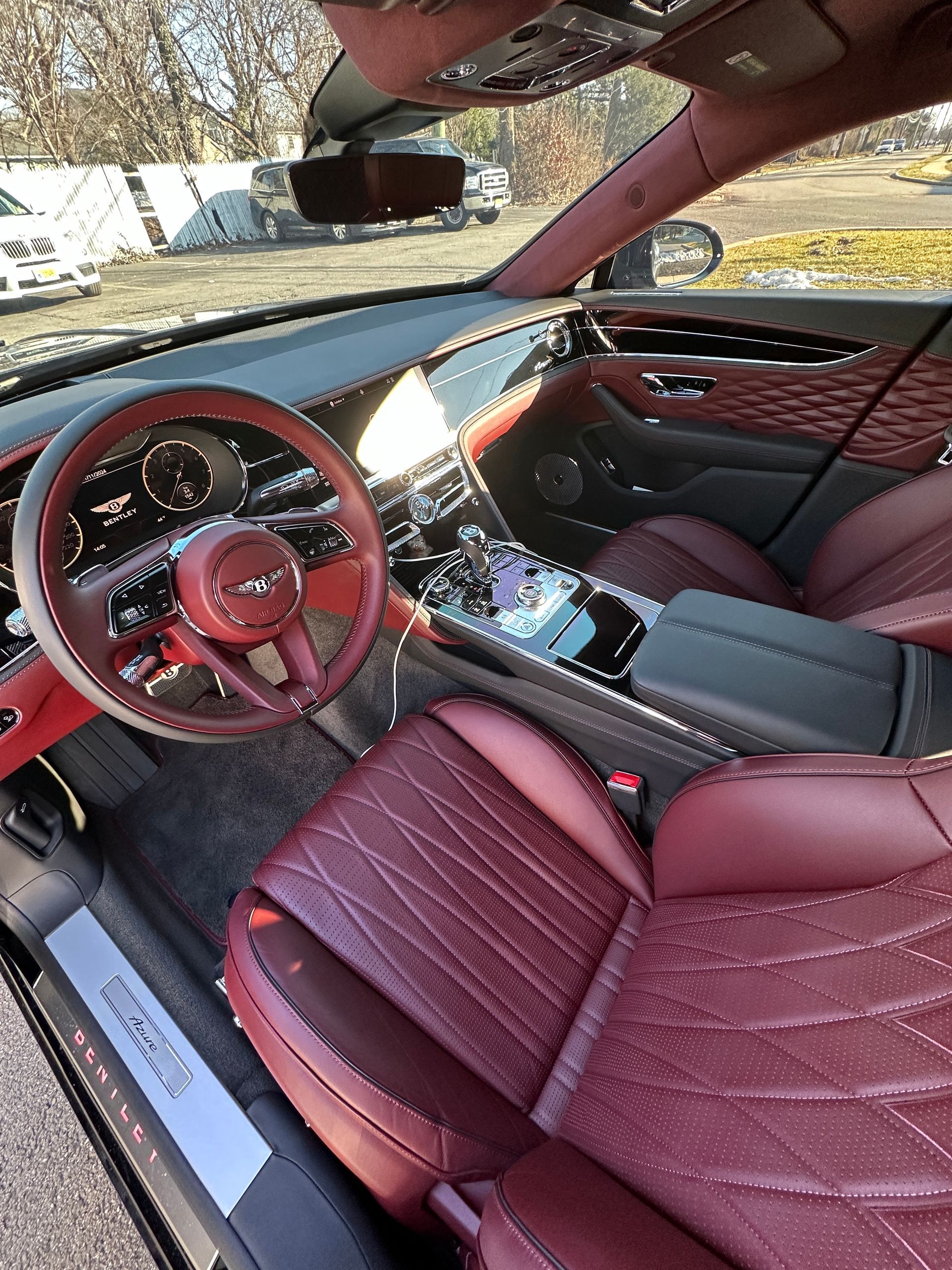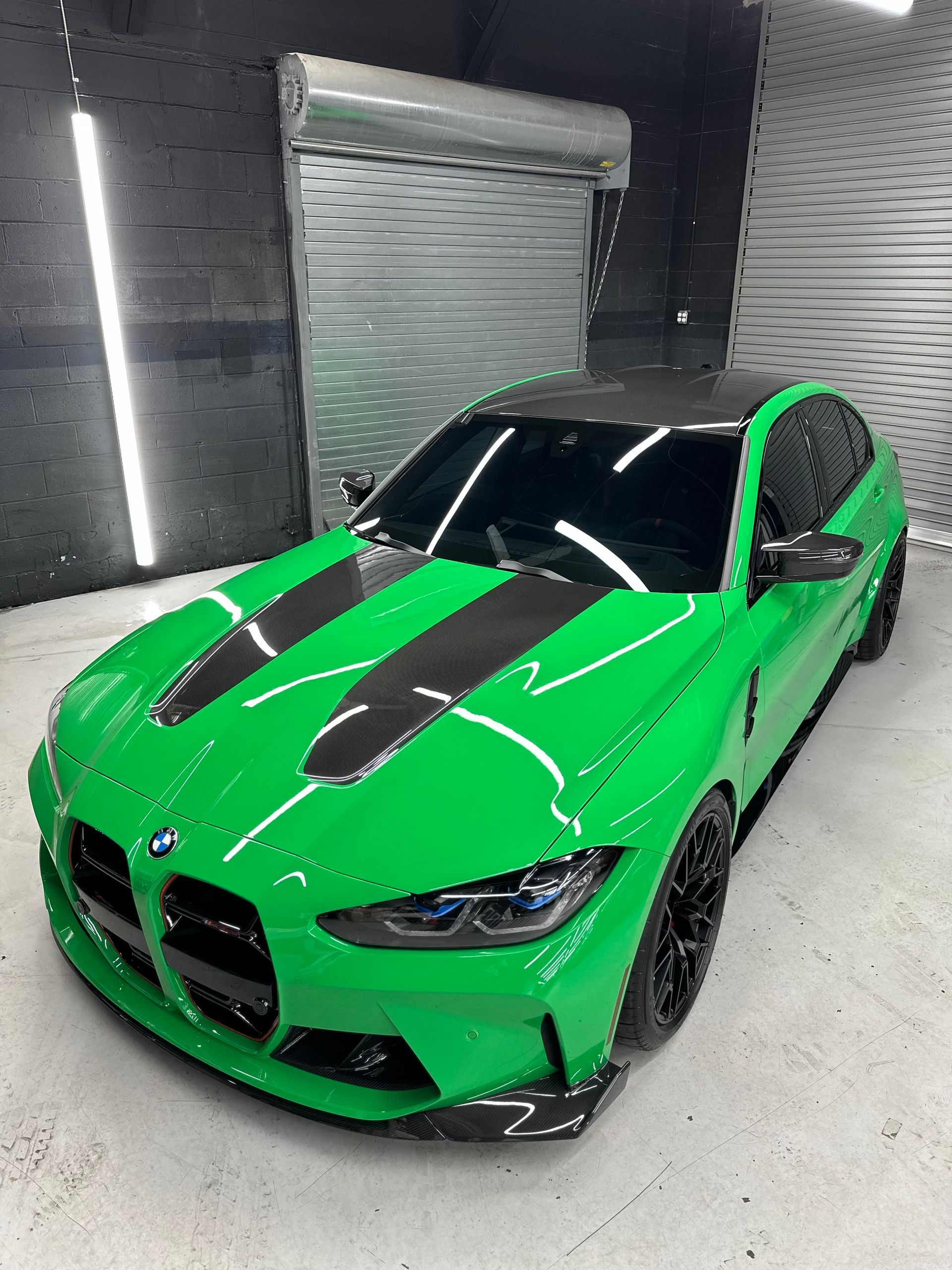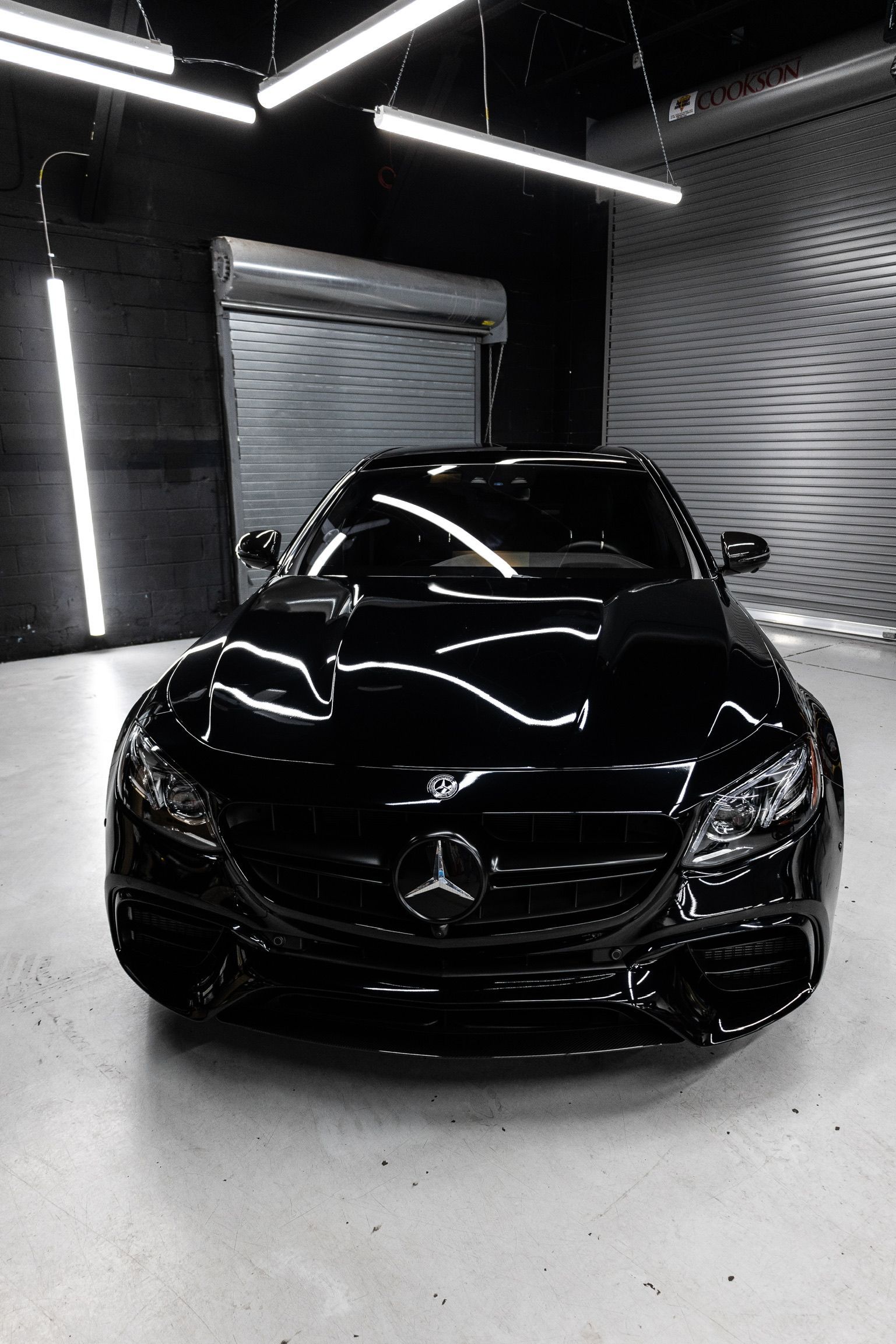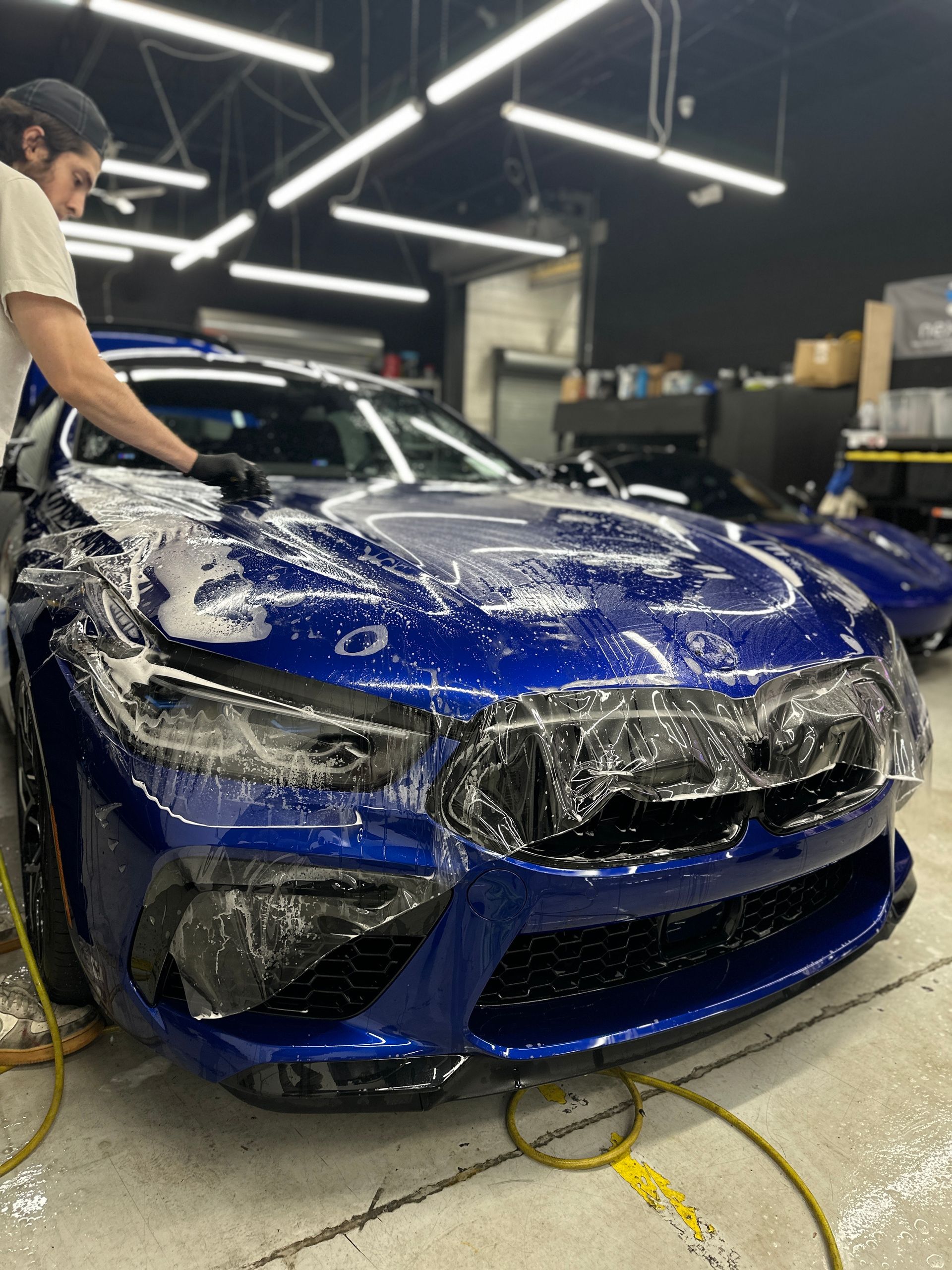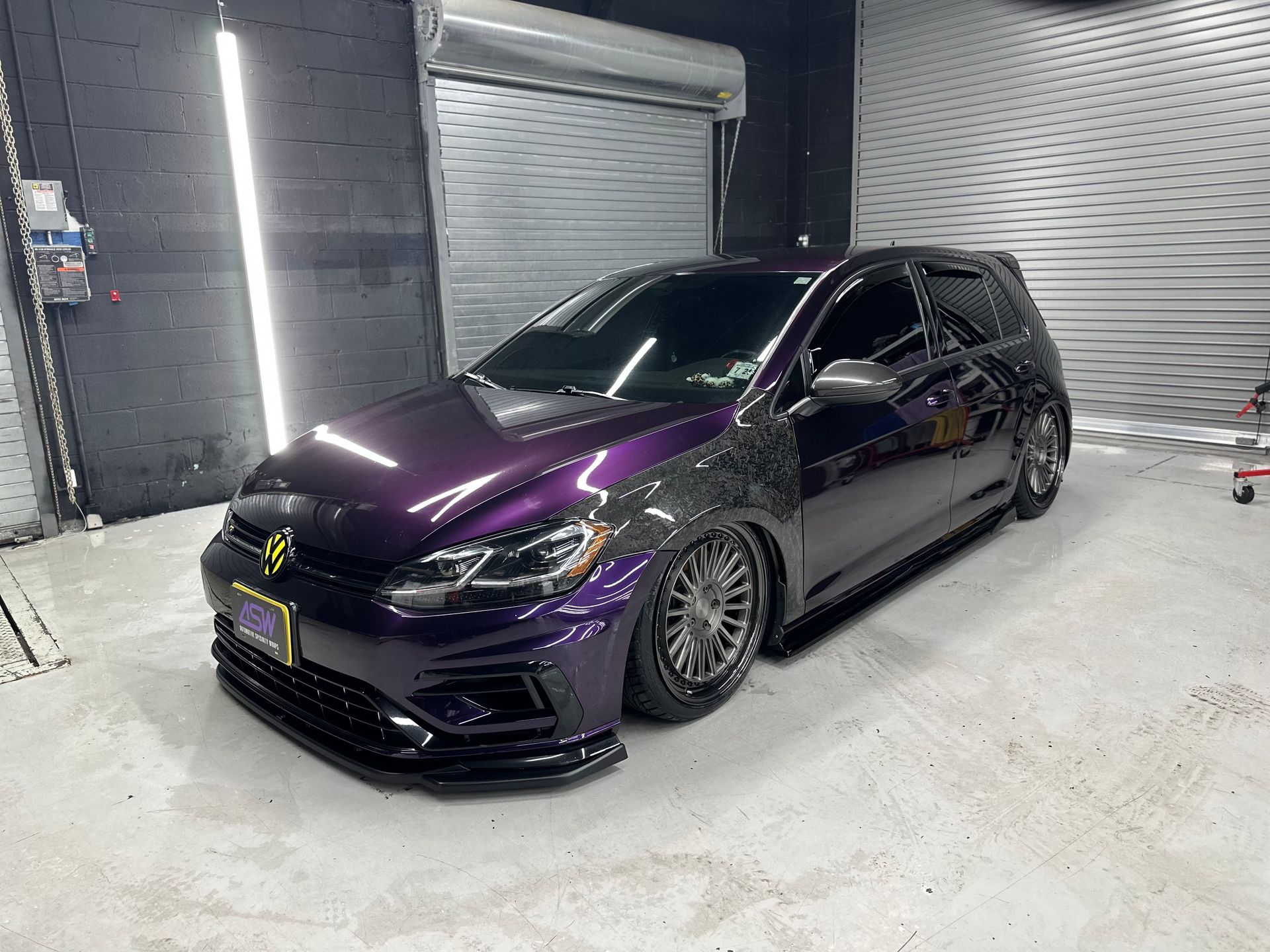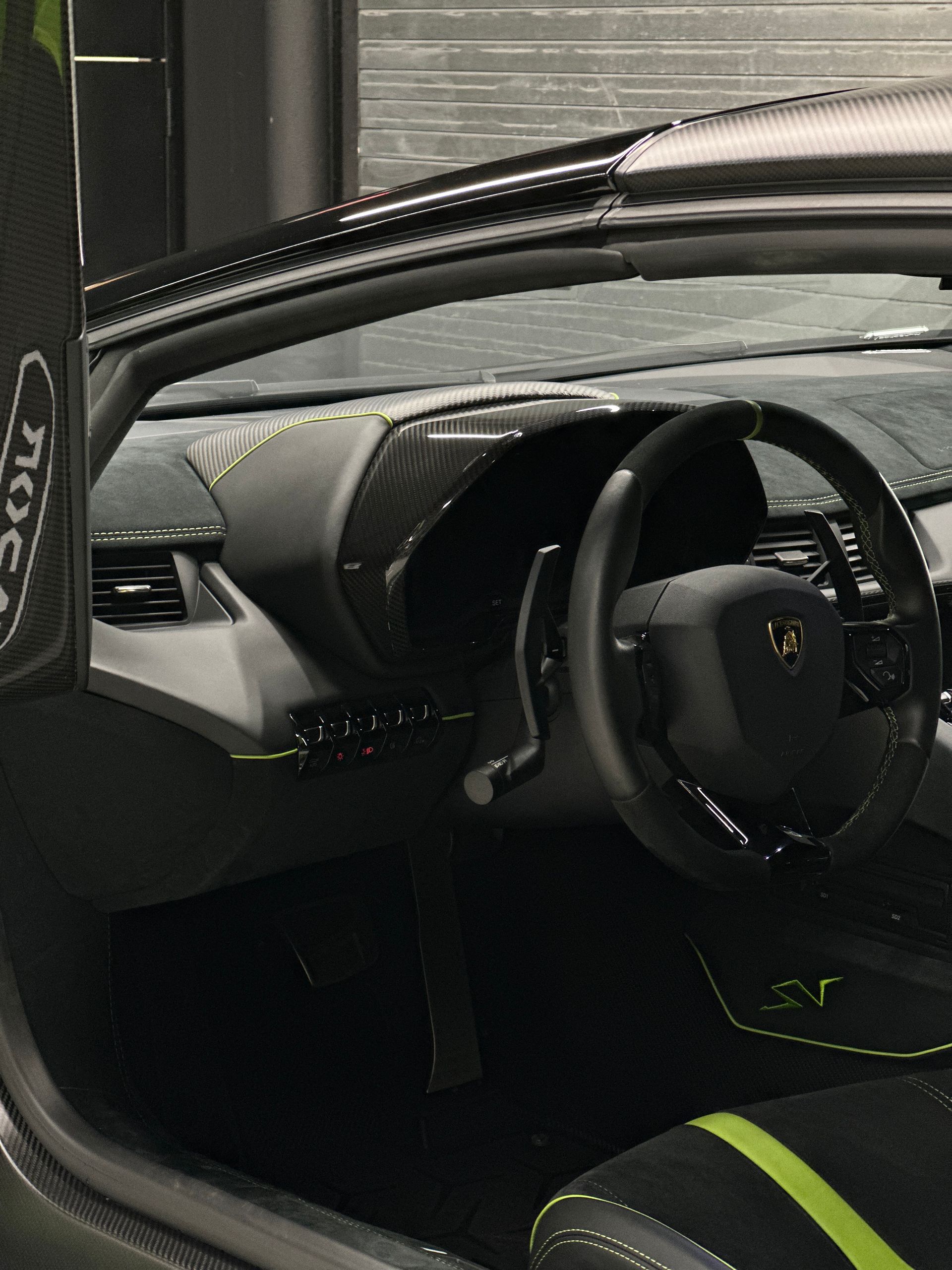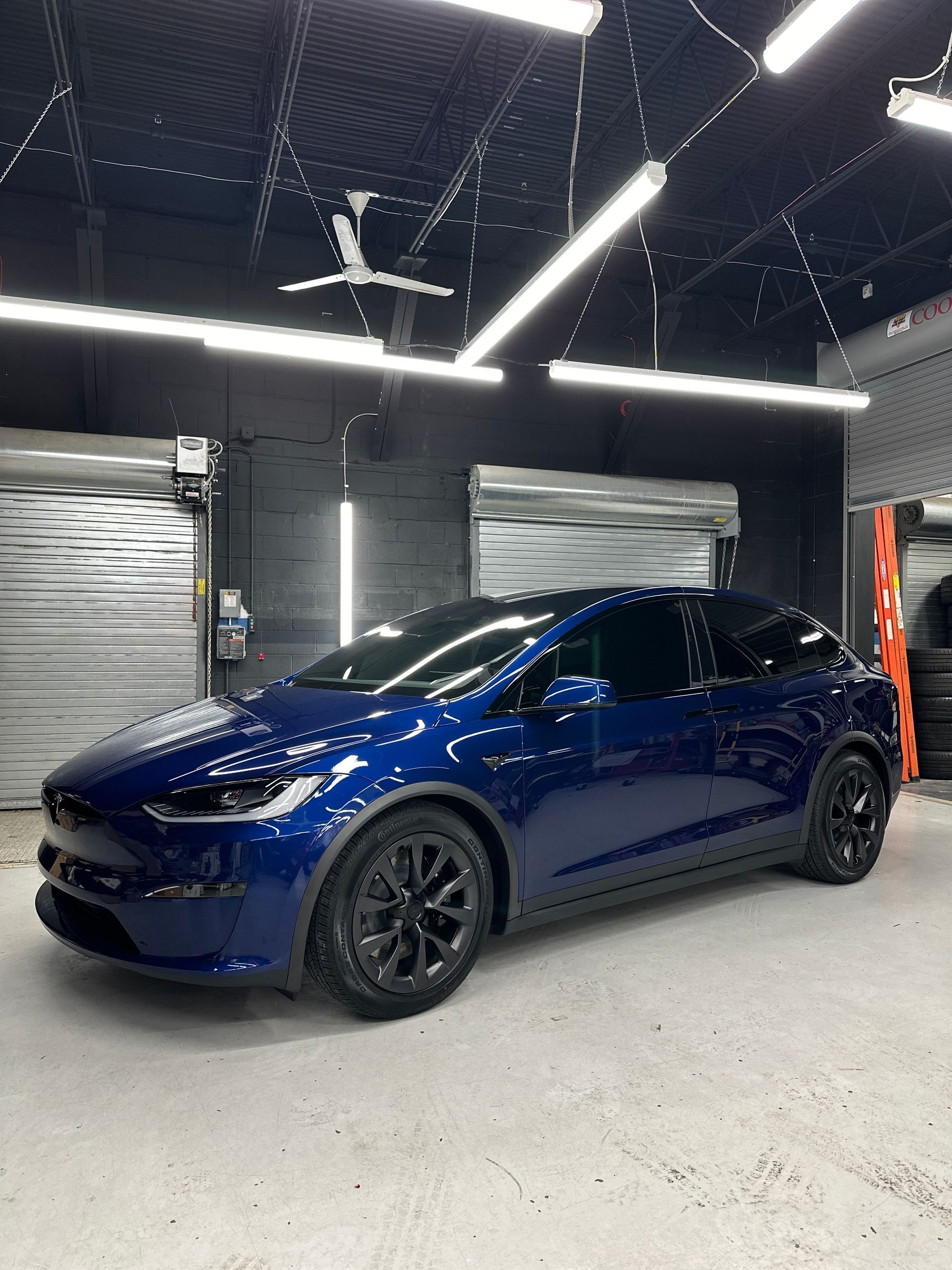Founded in 2017, Automotive Specialty Wraps is an IDA-certified vehicle detailing and paint enhancement team located in Fair Lawn, New Jersey. In addition to detailing interiors and exteriors, we bring vehicle protection to all residents of the Fair Lawn area as well. We have paint protection film, ceramic coatings, and window tinting for your ride, as well as vinyl wraps for personal and commercial vehicles. Once we get our hands on your vehicle, we guarantee it will shine with a showroom-quality look like never before!
Quick Links
Our Location
15-01 Pollitt Drive
STE 7
Fair Lawn, NJ 07410 United States
Contact Us
Phone: (862) 268-2163

